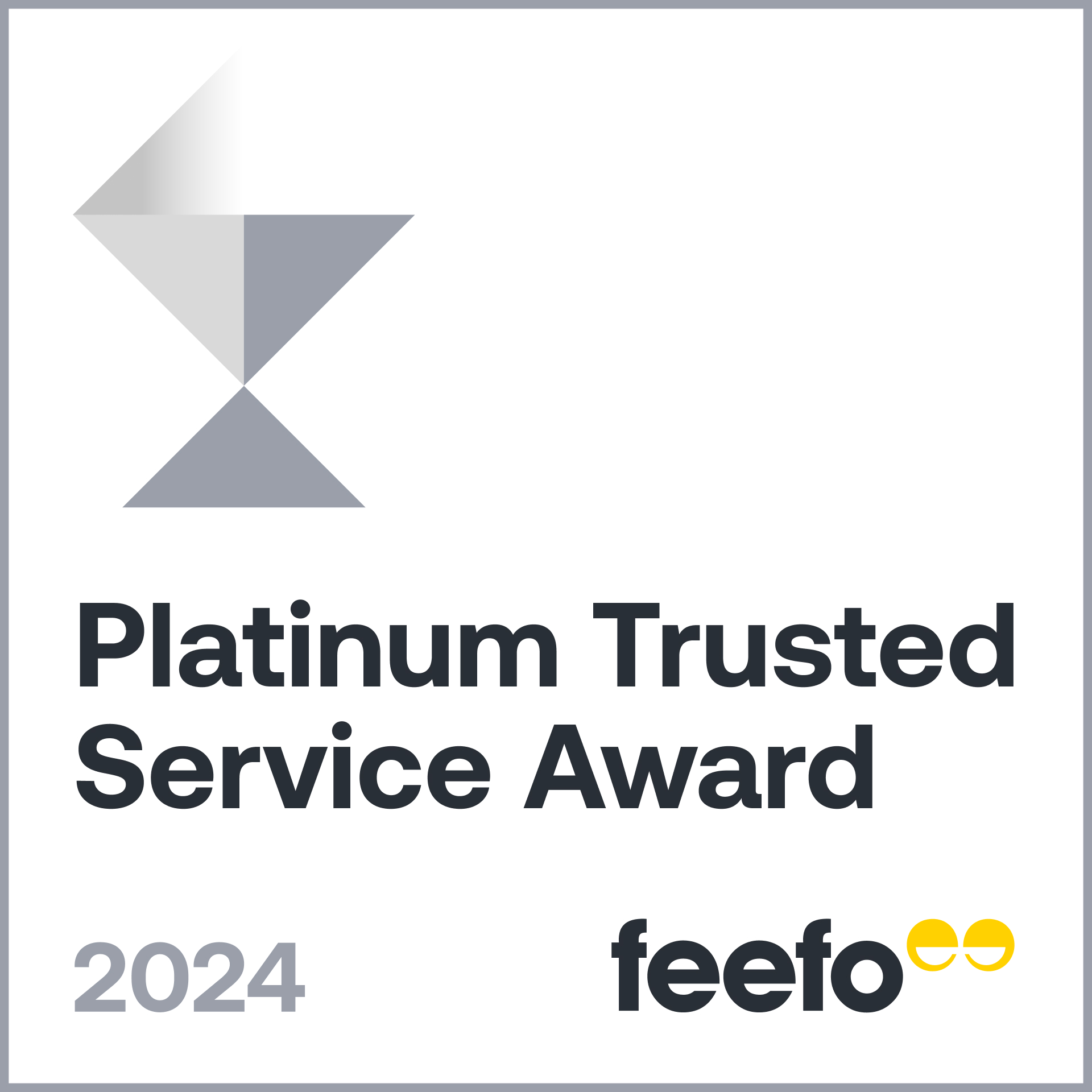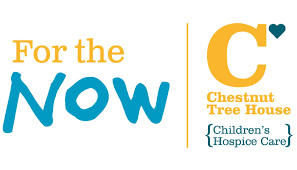Things to consider
Bennett & Game Recruitment have the viewpoint that any candidate that we represent is an extension of our business, and believe that it is our position to support any candidate through the process of securing a new position. Planning, preparation and punctuality are essential to ensuring a successful interview or job offer.
Writing your CV & Advice
Your CV is what gets you noticed and helps you stand out above other candidates, it is effectively your ticket to get an interview. A CV should be clear and concise, demonstrating your skill set, aptitude and achievements.
It should consist of 2 – 3 pages, as well as covering letter and portfolio (if applicable). Layout is critical, it should be easy to read and follow, think about what you want a prospective employer to see first. If your work history is your main suitability for a position have that first, however, if you are a graduate you should have your academic achievements and education first.
-
Example CV Template
Most CV’s should have the following sections;
- Contact Details
- Personal Profile
- Career History
- Education, Training & Memberships
- Interests
- References
Contact DetailsName, Address, Email & Contact Number
Personal Profile
A short, concise overview of you, your career history and achievements and what you are looking for in your next position.
Career History
Remember to include, company name, employment dates and job title followed by your day to day tasks and responsibilities, it is also a good idea to include noteworthy achievements. List all relevant career history, starting with your current or most recent position.
Education, Training & Memberships
If you have professional qualifications, attended courses and training seminars that shows you are always trying to improve your knowledge and skill set. You should also include any academic history such university, college and school qualifications. If you are part of any professional or industry bodies it is worth noting these, and whether your level is chartered, fellowship or just a member.
Interests
Every company says that the candidate must be the right “fit”, this isn’t just experience and academic background it is also someone’s personality and morals. Demonstrate something that you are passionate about, it could be the reason you get shortlisted over another candidate.
References
The reference stage is normally the final employment check a future employer will undertake, so it is perfectly acceptable to write “references available upon request”. However, if you have professional references you would like to note, feel free.
Style, Spelling & Grammar
Consider the font style and size, try to ensure it is uniform – all the headings should be the same size and bold etc. Using bullet points, can help break up a large list of text and make it more readable. The final check should be for spelling, grammar and any typos as well as your email and contact number.
Interview Tips
Research & Preparation
Prepare for your interview by researching the company and the job description in as much depth and detail as possible, ensure it is relevant to the position you are applying for. Familiarise yourself with the service or product range on offer and consider;
- What is their USP?
- How long they have been trading?
- Size of company?
- Success / turnover?
- Recent press releases / latest industry news?
Investigate the website to gain an understanding of their culture, ethos and vision and see if it mirrors your own – remember an interview isn’t just them reviewing you, it’s you reviewing them as deciding whether you are interested.
Take a pen, pad and any questions that you may wish to ask during the interview.
Dress & Presentation
You do not get a second chance at making a first impression, your presentation and appearance will be the first observation the interviewer makes. So to ensure a great impression, dress smart wear a shirt and tie or blouse and jacket and have a smart appearance so no bed hair, unshaved stubble, scuffed shoes or creased clothes.
-
Journey Planning
Plan your journey in advance, are there any road works? Public transport strikes? Is there a car park? Consider doing a test run to ensure you know where you are going. It is good practice to arrive 5 – 10 minutes early, this will give you time to compose yourself and look over the job description and your questions before the interview starts.
Throughout the interview
Start by greeting with a firm handshake and introduce yourself, remember eye contact and try to engage with everyone present. Ensure you talk clearly and answer the question, try not to go off on a tangent. Remember that nodding your head when the interviewer is talking symbolises that you agree with what they are saying. Maintain professionalism and be impartial throughout the interview especially when discussing previous and current employers.
Closing the interview
Using your research and preparation you will get an opportunity to ask them questions about the position and company, this is your chance to ascertain whether you are interested in working for them. Ensure that you are content with their responses as this information will allow you to make an informed decision.
Resignation
A resignation letter is a requirement when leaving an employer, it denotes in writing that you formally intend to cease and terminate your contract of employment. There is only a limited amount you can write so it is best to keep it short. Most employers have exit interviews so in the letter there is no need to add lengthy explanations - if you have specific reasons or concerns it is best to save these for the exit interview and deliver them in a professional, constructive manner.
In the letter you need to refer to parts and show consideration of your current contract of employment, namely your notice period and conditions after employment (if applicable). Whatever the relationship you have with your manager, good or bad, your resignation is a formal document and must be professional.



